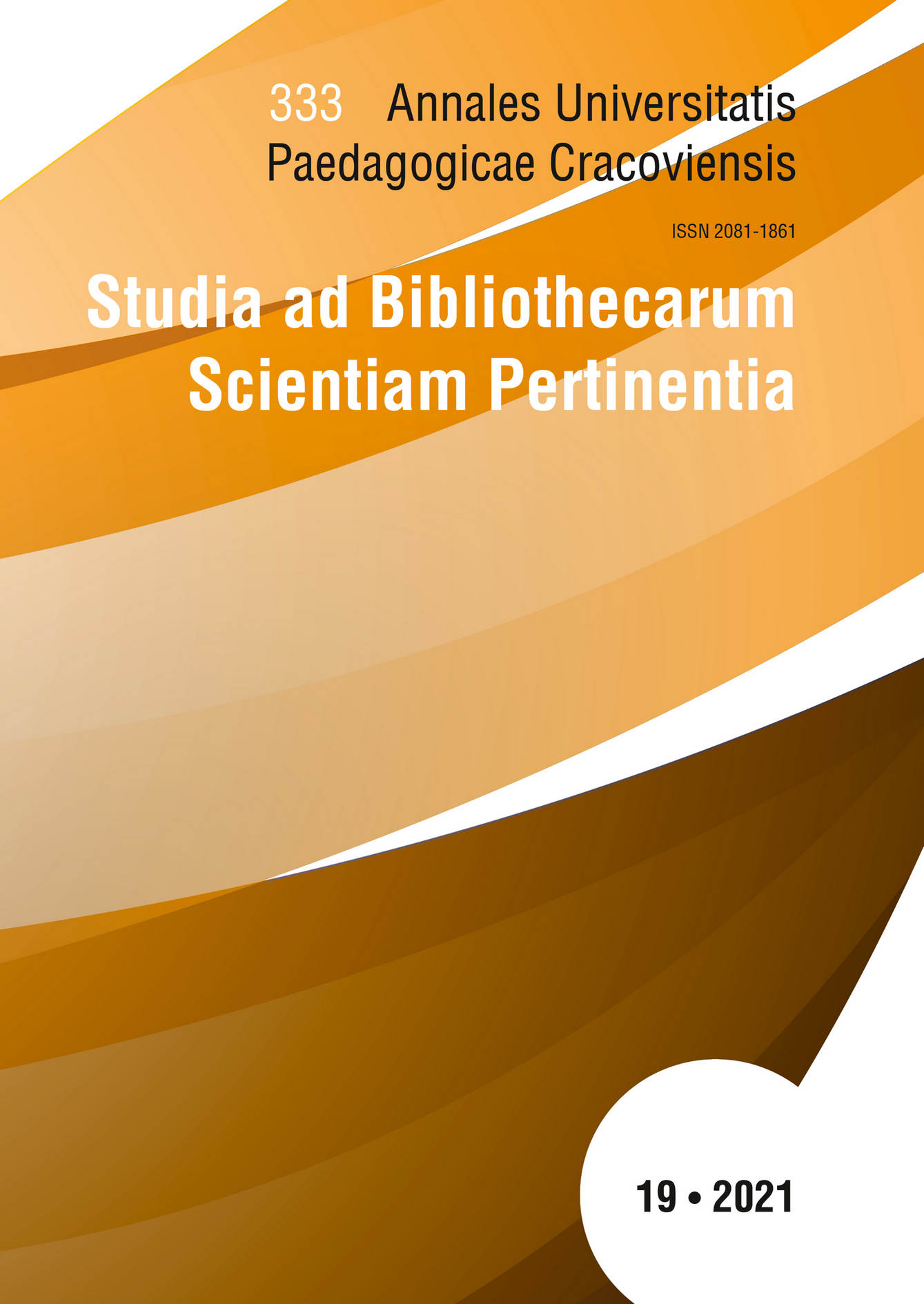Samoregulacja mediów w świetle ekonomicznej teorii dziennikarstwa
DOI:
https://doi.org/10.24917/20811861.19.27Słowa kluczowe:
media self-regulation, media ethics, homo economicus, economic theory of journalismAbstrakt
The economic theory of journalism proposed by Susanne Fengler and Stephan Ruß-Mohl focuses on the concept of rational choice in interpreting journalists’ behaviour. The foundation of the theory is its creators’ conviction that media professionals are motivated by selfish reasons. The economic theory of journalism also sheds light on journalistic ethics. The assertion is made that employee behaviour is motivated more by the desire to benefit than by their journalistic value system. The article discusses existing research on media self-regulation tools that utilise the economic theory of journalism as context, which makes it possible to demonstrate the theory’s veracity. Research on the effectiveness of media self-regulation shows that the most effective self-regulation instruments can interfere with the personal interest of the journalist. These self-regulatory tools, the essence of which is based solely on appealing to the conscience of the journalist, unfortunately, fail having at best a negligible impact on journalistic practice.
Bibliografia
Alsius S., Rodriguez-Martinez R., Mauri de los Rios M., Traditional Instruments of Self-Regulation, [in:] Journalists and Media Accountability: An International Study of News People in the Digital Age, eds. S. Fengler et al., New York 2014.
Bagdikian B. H., The Media Monopoly, Boston 1983.
Bagdikian B. H., The New Media Monopoly, Boston 2004.
Bertrand C. J., Media Ethics and Accountability Systems, New Brunswick, NY 2002.
Chomsky N., Media Control: The Spectacular Achievements of Propaganda, New York 1999.
Fengler S., Ruß-Mohl S., Der Journalist als “Homo Oeconomicus”, Konstanz 2005.
Fengler S., Ruß-Mohl S., “Journalists and the Information-Attention Markets: Towards an Economic Theory of Journalism:, “Journalism” 2008, vol. 9, no. 6, pp. 667–690.
Hamilton J., All The News That’s Fit to Sell: How the Market Transforms Information Into News, Princeton 2004.
Herman E. S., Chomsky N., Manufacturing Consent: The Political Economy of Mass Media, New York 1998.
Hirschman A. O., Exit, Voice and Loyalty: Responses to Decline in Firms, Organisations and States, Cambridge 1970.
Mill J. S., Essays on Economics and Society, [in:] Collected Works, vol. 4, Toronto 1967.
McChesney R. W., Rich Media, Poor Democracy, Urbana 1999.
McQuail D., Media Accountability and Freedom of Publication, Oxford–Toronto 2003.
McQuail D., Media Performance. Mass Communication and the Public Interest, London 1998.
Powell W., Jempson M., The Influence of New Technologies, [in:] Journalists and Media Accountability: An International Study of News People in the Digital Age, eds. S. Fengler et al., New York 2014.
Siezieniewska K., Zawód dziennikarza w obliczu konwergencji mediów, doctoral thesis, University of Warsaw, Warsaw 2014.
Smith A., Teoria uczuć moralnych [Theory of Moral Sentiments], transl. D. Petsch, Warszawa 1989.
Pobrania
Opublikowane
Jak cytować
Numer
Dział
Licencja
Prawa autorskie (c) 2021 AUPC Studia ad Bibliothecarum Scientiam Pertinentia

Utwór dostępny jest na licencji Creative Commons Uznanie autorstwa 4.0 Międzynarodowe.

